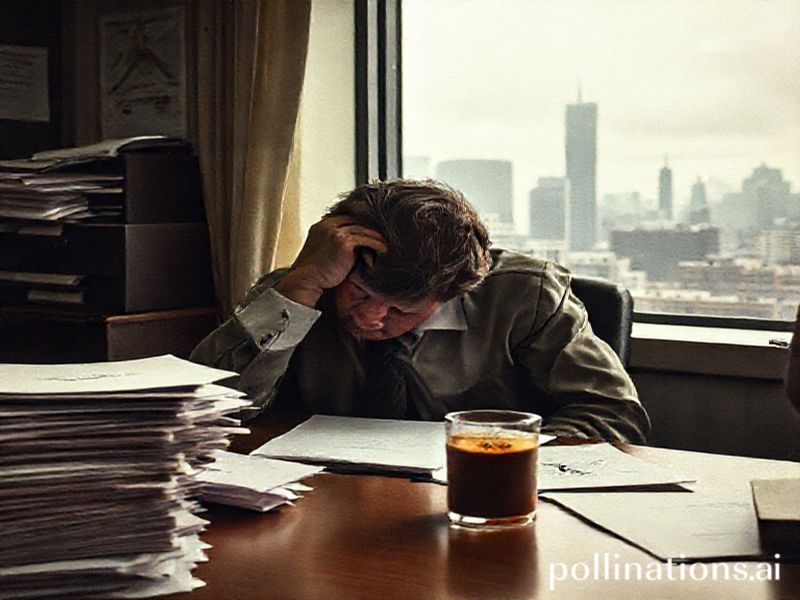A Case of the Mondays: Why the Workweek’s Worst Day Is Trending Globally
# **Mondays: The Original Villain of the Workweek**
Ah, Monday. The day we love to hate, the villain of the workweek, the reason behind countless memes, and the inspiration for the iconic Office Space line, “I can’t even *think* straight right now.” But why is “a case of the Mondays” trending globally, and what makes this phenomenon so universally relatable? Let’s dive in.
### **The Cultural Context: Why Mondays Are the Worst**
Mondays have been the bane of existence since the concept of the workweek was invented. There’s something about the transition from weekend freedom to weekday grind that makes us all feel like we’ve been hit by a metaphorical (or sometimes literal) truck. The phrase “a case of the Mondays” was popularized by the 1999 comedy *Office Space*, where a group of office workers collectively groan about their collective dread of the day. Fast forward to 2024, and the sentiment is still as relevant as ever.
But why? Well, science has a few theories. Studies suggest that our circadian rhythms are disrupted by the weekend, making it harder to wake up on Monday morning. Additionally, the psychological impact of returning to work after two days of relaxation can be jarring, leading to what’s known as “Monday blues.” It’s like your brain is saying, “Wait, I was having fun! Why are you making me do *this* again?”
### **The Social Impact: A Global Phenomenon**
The trend of hating Mondays isn’t just a Western thing—it’s a global phenomenon. From Tokyo to Toronto, people are bonding over their shared dislike of the first day of the workweek. Social media is flooded with memes, tweets, and posts about the struggle of Mondays, creating a sense of camaraderie among the exhausted masses.
In Japan, for example, the concept of “Mondayitis” is so well-known that it’s even been studied by researchers. The Japanese work culture, known for its intensity, makes Mondays particularly tough, as employees often have to catch up on work that piled up over the weekend. Meanwhile, in Europe, where work-life balance is often prioritized, Mondays are still dreaded but perhaps a little less so.
### **The Significance: Why This Trend Matters**
At its core, the trend of “a case of the Mondays” is about more than just complaining about work. It’s a reflection of the universal human experience of balancing productivity with well-being. The fact that this trend is trending globally highlights a shared struggle that transcends cultural and geographical boundaries.
Moreover, the trend has sparked conversations about workplace culture, mental health, and the importance of work-life balance. Companies are taking notice, with some even implementing “Flex Fridays” or “Summer Hours” to ease the Monday blues. The trend has also given rise to a subculture of memes, GIFs, and viral videos that provide a much-needed laugh to those suffering from Mondayitis.
### **The Silver Lining: Embracing the Struggle**
While Mondays may never be our favorite day, there’s something oddly comforting about knowing that we’re all in this together. The trend of “a case of the Mondays” has turned a universal struggle into a shared joke, a way to bond over our collective exhaustion.
So, the next time you find yourself groaning about Monday, remember: you’re not alone. And who knows? Maybe one day, we’ll find a way to make Mondays just a little bit better. Until then, coffee, memes, and solidarity will have to do.







